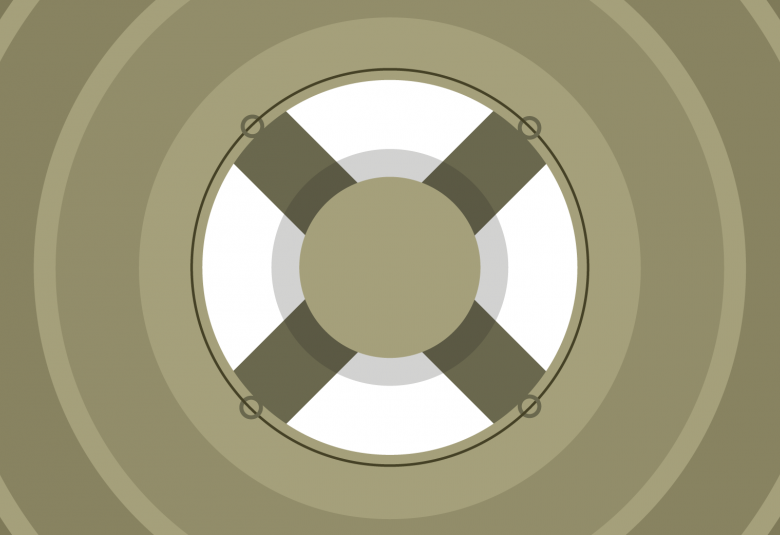Prescribing beyond the pills
National Institute for Health and Clinical Excellence (NICE) Clinical Guidance (CG90)
"For people with persistent subthreshold depressive symptoms or mild to moderate depression, consider offering one or more of the following interventions, guided by the person’s preference:1
-
Individualised guided self-help based on the principles of cognitive behavioural therapy (CBT)
-
Computerised cognitive behavioural therapy (CCBT)
-
A structured group physical activity programme
Treatment for major depressive disorder is as diverse as the condition itself.2
"For people with moderate or severe depression, provide a combination of antidepressant medication and a high-intensity psychological intervention (CBT or IPT)1"
Treatment for major depressive disorder is as diverse as the condition itself.2
For patients presenting with mild to moderate depression, psychotherapy is one of the treatment options recommended by NICE. For more severe cases, psychotherapy remains an important aspect of treatment, administered alongside pharmacotherapy.3
A range of psychological interventions are available for patients with depression, but the most common therapies used in practice are described below:
Cognitive behavioural therapy (CBT)
CBT is based on the propositions that cognitive functioning affects behaviour, can be monitored and changed and that desired behaviour change can be achieved through cognitive change.3 CBT has demonstrated limited efficacy in reducing depressive symptoms.4
Interpersonal therapy (IPT)
The goal of IPT is to address interpersonal issues within important relationships including family and peers.5 IPT is an effective treatment for depression both alone and in combination with pharmacotherapy.6
Mindfulness-based cognitive therapy (MBCT)
MBCT is a psychotherapy that has been shown to successfully reduce relapse in depression by up to 34%.7 It combines psychological and educational aspects of CBT with meditation components of mindfulness-based stress reduction.8
For more information on the role that psychological therapies can play in the treatment of depression, read the clinical guidance from NICE here
Psychodynamic therapy (PDT)
PDT involves guided self-help to manage unconscious behavioural patterns. Some evidence suggests that PDT may be effective in depression and could be provided online.7,8 Efficacy of short-term psychodynamic therapy in the treatment of depression has also been demonstrated through a meta-analysis of 23 studies.9
For more information on the role that psychological therapies can play in the treatment of depression, read the clinical guidance from NICE here.




